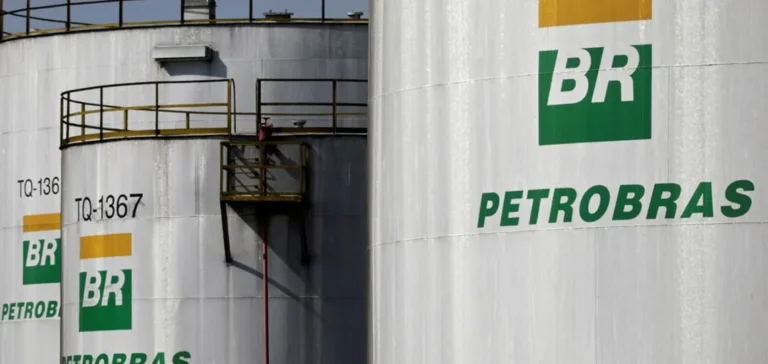Petrobras, Brazil’s state-owned oil company, has received authorisation to begin exclusive negotiations with authorities in Côte d’Ivoire for the exploration of nine deepwater oil and gas blocks. The move comes amid the company’s active expansion across the African continent, with a growing presence in strategic offshore basins.
An agreement in progress to strengthen regional presence
The targeted blocks lie off the Atlantic coast of Côte d’Ivoire, in an area viewed as highly prospective. The process, now officially underway, could result in a contractual partnership enabling Petrobras to expand its African asset portfolio. The company is following a geographical diversification strategy aligned with its international development plan.
This strategy recently materialised through the signing of two memorandums of understanding in Angola with the national oil company Sonangol and the Agência Nacional de Petróleo, Gás e Biocombustíveis de Angola (ANPG). These agreements marked Petrobras’ official return to Angola’s oil and gas sector.
African expansion through targeted cooperation
Before these engagements, Petrobras acquired stakes in several offshore blocks near São Tomé and Príncipe: 45% in blocks 10 and 13, 25% in block 11, and 10% in the Deep Western Orange Basin (DWOB) block in South Africa. The company also expressed interest in potential opportunities in Namibia’s offshore sector.
Meanwhile, Côte d’Ivoire’s energy sector is drawing increasing attention. The discovery of the Baleine field by Eni has spurred activity in the region. Vaalco Energy recently acquired a 27% interest in the Baobab field and has commenced operations on the CI-705 offshore block.
Major financial commitments through 2029
Petrobras has announced a $111bn investment plan for the 2025–2029 period, with $77bn dedicated to exploration and production. This funding includes projects outside Brazil, particularly in regions considered strategic such as the Gulf of Guinea.
“The location of Côte d’Ivoire on Africa’s Atlantic coast is of great interest to Petrobras,” said Chief Executive Officer Magda Chambriard, as quoted by Agence Ecofin on June 6. She noted that expertise developed in Brazilian basins could be applied in this new phase of cooperation.






















